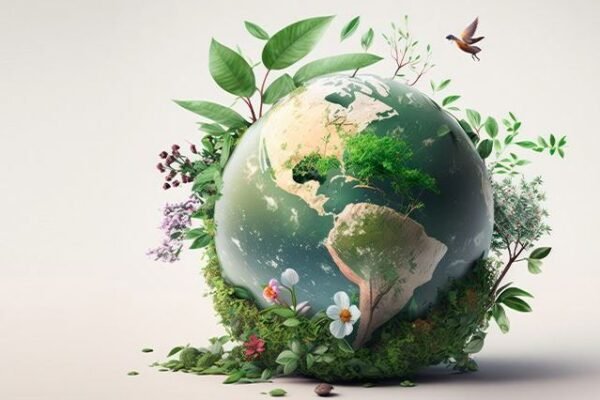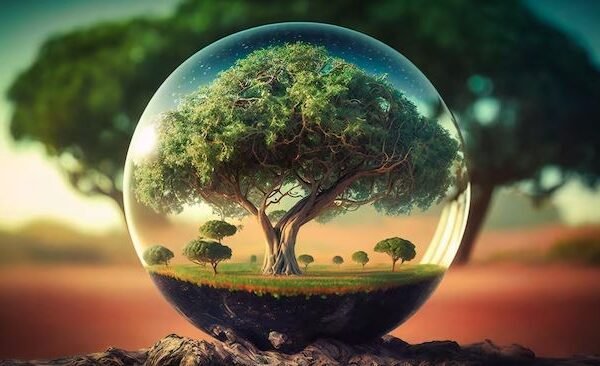
How to Make Your Business More Eco-Friendly
Transitioning to eco-friendly practices is not only beneficial for the environment but can also enhance your business’s reputation, reduce costs, and appeal to environmentally conscious consumers. Here are actionable steps to make your business more eco-friendly: 1. Conduct an Environmental Audit 1.1. Assess Current Practices: Evaluate Resource Use: Review your current consumption of energy, water,…














